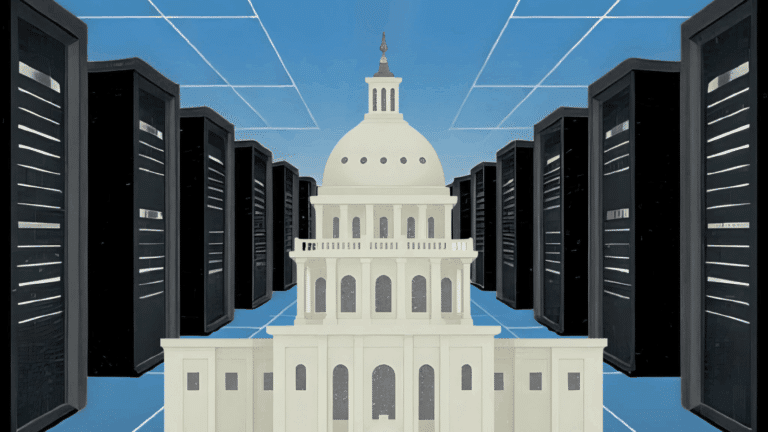This website uses cookies as well as similar tools and technologies to understand visitors’ experiences. By continuing to use this website, you consent to Columbia University’s usage of cookies and similar technologies, in accordance with the Columbia University Website Cookie Notice.
ESG in Emerging Markets: A Discussion with Leading Women from the Energy Sector
Past Event
February 2, 2022
8:30 am - 9:30 am
Environmental Stewardship, Social Responsibility and Corporate Governance (ESG) have become the new standard of best corporate practices globally. The Center on Global Energy Policy’s Women in Energy program hosted a panel of board directors and C-suite executives from different emerging market companies to examine the dual challenges of ESG compliance and energy transition readiness. The panel discussed how ESG issues compare to the myriad risks that are inherent to operating in emerging markets, the challenges EM companies are facing navigating the energy transition vs. ensuring energy access, profitability and reliability, and the role women corporate leaders play in managing and addressing these challenges.
Welcome Remarks:
- Amy Myers Jaffe, Research Professor and Managing Director, Climate Policy Lab at Tufts University’s The Fletcher School; and Co-Chair of the Women in Energy Steering Committee, Center on Global Energy Policy at Columbia University SIPA
Moderator:
- Dr. Luisa Palacios, Senior Research Scholar, Center on Global Energy Policy at Columbia University SIPA; and former Chairwoman, Citgo Petroleum Corporation
Speakers:
- Ayaan Adam, Senior Director and CEO, AFC Capital, Africa Finance Corporation
- Clarissa Lins, Founding Partner, Catavento Consultoria; Board Member, ArcelorMittal and Votorantim Cimentos; and former Board Member, Petrobras
- Dr. Tatiana Mitrova, Board Director, Novatek and Schlumberger; Professor, Skolkovo Moscow School of Management; and Non-Resident Fellow, Center on Global Energy Policy at Columbia University SIPA
- Vaishali Nigam Sinha, Chief Sustainability Officer, ReNew Power; and Founding Chair, ReNew Foundation
—
More Events
CGEP Presents: Project-Based Carbon Credit Markets Webinar
The Center on Global Energy Policy at Columbia University SIPA is pleased to host a virtual webinar with experts from Kenya, India, and Brazil to discuss and better understand the landscape...

Energy Markets and the Future of Energy with Amrita Sen
Join us on February 25 for an in-depth, student-only conversation. Registration is required, and space is limited. The Center on Global Energy Policy at Columbia University SIPA’s Women...
1255 Amsterdam Ave Floor 1, New York, NY 10027

Rapid Response: The EU’s Carbon Border Adjustment Mechanism
On January 1, 2026, the European Union's highly-anticipated Carbon Border Adjustment Mechanism (CBAM) will take effect. Introduced in 2023, CBAM will require the importers of certain carbon-intensive goods...

Global Perspectives on the Carbon Markets
Center on Global Energy Policy (CGEP) at Columbia SIPA, the Columbia Global Center in Rio, and Insper are proud to host a high-level discussion on the future of...
Vila Olímpia, São Paulo
Brazil

Relevant
Publications
European Gas Markets in Transition
Anne-Sophie Corbeau and leading experts explore how Europe's gas sector is being reshaped by geopolitical shocks.

Downside and Upside Scenarios for Iranian Gas
Iran has among the world's largest natural gas resource bases, but its ability to supply regional and global markets is constrained by sanctions, underinvestment, and limited export infrastructure.

Data Centers and Their Energy Use: Trends in State Capitals
From the east to west and north to south, in red states and blue states, attention to data centers is skyrocketing in state capitals across the United States.




